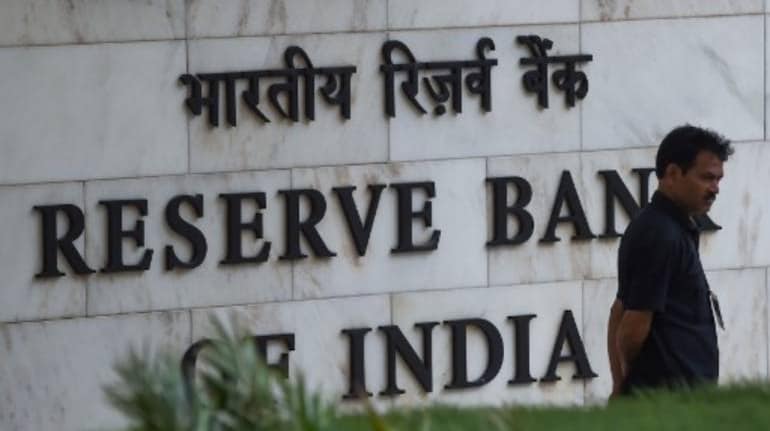



The Reserve Bank of India (RBI) on December 28 released draft directions on bond forwards in government securities after receiving suggestions on the need to introduce it.
Comments on the draft directions are invited from banks, market participants, investors and other interested parties by January 25, 2024, the RBI said in a release.
If you are aware of this news development and want to understand more about the draft guidelines, here is an explainer for you.
What do bond forwards mean?Bond forwards mean derivative contracts in which one counterparty (buyer) agrees to buy a specific debt instrument from another counterparty (seller) on a specified future date and at a price determined at the time of the contract.
The draft directions on contracts to deliver government securities on a forward basis seek to enable market participants, especially long-term investors, to manage their cash flows and interest rate risk.
Which securities can be used?As per the draft directions, transactions in bond forwards shall be undertaken on Central Government dated securities and state government securities.
The RBI also said that residents and non-residents eligible to invest in government securities under the Foreign Exchange Management (Debt Instruments) Regulations is eligible to undertake transactions in forward contracts.
Also read: 2024: Fuel price cut likely early next year, domestic oil & gas output may get a boost
Market-maker means an entity which provides prices to users and other market-makers. While, the user is a person that undertakes transactions in bond forwards other than as a market-maker.
Scheduled Commercial Banks and Standalone Primary Dealers (SPDs) shall be eligible to undertake transactions in bond forwards as market-makers. The draft excludes small finance banks, payment banks, local area banks and regional rural banks (RRBs).
Users who are eligible to undertake transactions in bond forwards are small finance banks, payment banks and RRBs, Urban Cooperative Banks, Non-Banking Financial Companies (NBFCs), including Housing Finance Companies (HFCs), Export Import Bank of India, National Bank for Agriculture and Rural Development, National Housing Bank, Small Industries Development Bank of India and National Bank for Financing Infrastructure and Development.
It also includes insurance companies regulated by the Insurance Regulatory and Development Authority of India (IRDAI), pension funds regulated by the Pension Fund Regulatory and Development Authority (PFRDA), mutual funds and alternative investment funds regulated by the Securities and Exchange Board of India (SEBI), foreign portfolio investors (FPIs) registered with SEBI, and resident companies with a net worth of Rs 500 crore or more as per the latest audited balance sheet.
 MC ExplainsWhere will these securities be traded and settled?
MC ExplainsWhere will these securities be traded and settled?Bond forwards shall be traded in over the counter (OTC) markets, including on electronic trading platforms (ETPs), the draft said.
On the settlement front, draft directions said bond forwards can be physically settled or cash settled. The settlement of physically settled bond forwards shall be through any clearing agency approved by the Reserve Bank for the purpose and cash settled, can be settled bilaterally or through any clearing agency approved by the Reserve Bank for the purpose.
What will be the valuation methodology?As per draft directions, the valuation and accounting of bond forwards by market participants shall be as per notified and applicable accounting standards read with regulatory guidelines/instructions issued by the respective regulators.
“In case the applicable accounting standards have not been notified or the respective regulator has not prescribed the accounting treatment for transactions in bond forwards, guidance, if any, issued by the Institute of Chartered Accountants of India (ICAI) shall be followed in this regard,” the draft said.
Also read: Investors should seriously tone down their expectations for 2024: Radhika Gupta
What happens in the event of a violation?The draft directions said that in case of violation of these directions, the central bank may take any penal or regulatory action in accordance with law, disallow the market participant from undertaking bond forward transactions for a period not exceeding one month at a time, after providing reasonable opportunity to the person or agency to defend its action.
All these actions taken by the RBI will be made public.
Discover the latest Business News, Sensex, and Nifty updates. Obtain Personal Finance insights, tax queries, and expert opinions on Moneycontrol or download the Moneycontrol App to stay updated!
Find the best of Al News in one place, specially curated for you every weekend.
Stay on top of the latest tech trends and biggest startup news.